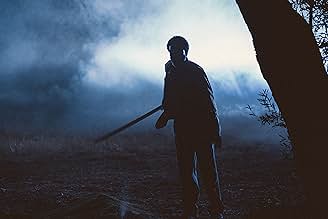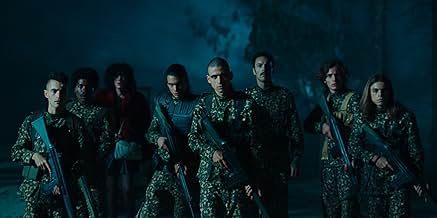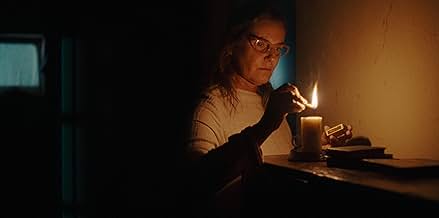Proving his crafty and dextrous talent, Carlos Conceicao's first fully fictional feature is a jewel for the ages. Formal and structurally audacious in a way that increases its power and meaning as the film unfolds, this study of a military squadron gradually unraveling in a remote and blood-soaked wilderness begins with a clear sense of time, place and space, before collapsing those certainties into a nightmare of terror that harks back to the impact of colonialism across the ages. As in his previous film, the semi-documentary Serpentarius, from the 2019 Berlinale, Tommy Guns draws some of its power from the seductive beauty of imagery. Given this arthouse formalism, the embrace of genre (in this case, horror and thriller) is quite audacious, especially during a final, world-ending revelation that might easily have crumbled in less crafty hands, but Conceicao never lets go of his firm tone throughout. In fact, this final twist, once the shock has passed, expands the scope of the movie in ways that continue to ingrain themselves in the brain long afterwards. It makes the story no longer just about Portugal and Angola, nor just about the evil legacy of colonialism in general. Instead, Tommy Guns constructs, in a strange and sneaky way, a parable of despair at the mass (predominantly male) delusion that is war itself, and a sly, angry lament for the way the spread of a war mentality makes victims of so many, fools of some, and irrevocably deluded idiots of all the others.




























